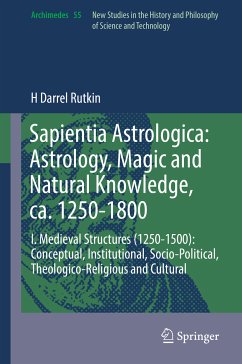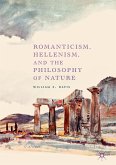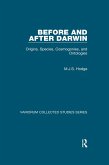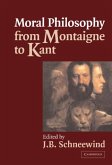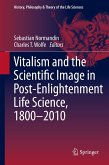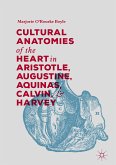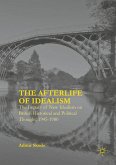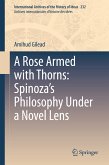The author considers both the how and the why. He analyzes and integrates a broad range of sources. This analysis shows that the history of astrology-in particular, the story of the protracted criticism and ultimate removal of astrology from the realm of legitimate knowledge and practice-is crucial for fully understanding the transition from premodern Aristotelian-Ptolemaic natural philosophy to modern Newtonian science.
This removal, the author argues, was neither obvious nor unproblematic. Astrology was not some sort of magical nebulous hodge-podge of beliefs. Rather, astrology emerged in the 13th century as a richlymathematical system that served to integrate astronomy and natural philosophy, precisely the aim of the "New Science" of the 17th century. As such, it becomes a fundamentally important historical question to determine why this promising astrological synthesis was rejected in favor of a rather different mathematical natural philosophy-and one with a very different causal structure than Aristotle's.
Dieser Download kann aus rechtlichen Gründen nur mit Rechnungsadresse in A, B, BG, CY, CZ, D, DK, EW, E, FIN, F, GR, HR, H, IRL, I, LT, L, LR, M, NL, PL, P, R, S, SLO, SK ausgeliefert werden.

